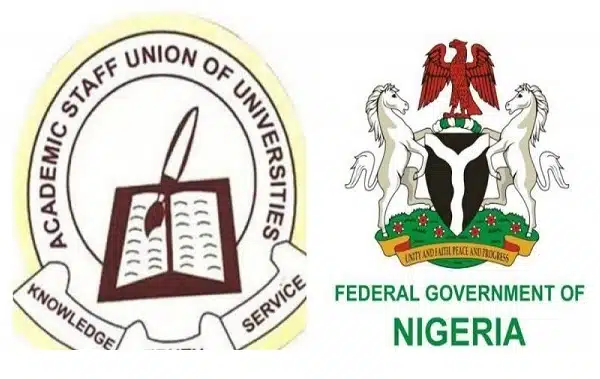Nigeria’s public university system may be on the brink of another major crisis. The Academic Staff Union of Universities (ASUU) has thrown down a serious gauntlet: unless the Federal Government honors long-standing agreements, lecturers are ready to embark on a nationwide strike once again. This showdown isn’t just about pay — it’s about trust, institutional integrity, and the future of higher education in Nigeria.
The Crux of the Dispute: What ASUU Wants
1. Implementation of the 2009 ASUU–FGN Agreement
ASUU insists that the renegotiated terms of the 2009 agreement — covering salary wage awards, working conditions, and rejuvenation of public universities — have not been fully implemented. They argue that promises made in previous talks remain largely unfulfilled, undermining the spirit of the pact.
2. Withheld Salaries
One of ASUU’s most pointed criticisms is the alleged non-payment of 3.5 months’ salaries. Lecturers claim that this is not a mere accounting issue but a serious breach of trust that affects their welfare and livelihoods.
3. Promotion Arrears
Promotion arrears remain a key bone of contention. ASUU says that many academic staff are owed payments for years, and this delay not only affects their earnings but also limits their professional growth.
4. “Tokenistic” Proposals
According to ASUU, some of the government’s recent proposals are superficial — “confidence-building measures,” not real solutions. The union argues that unless there is full, concrete implementation, such gestures are inadequate.
ASUU’s Strategy: Pressure On Multiple Fronts
- Warning of Escalation
ASUU is not bluffing. While it says it prefers dialogue, the union has made clear that it is ready to use “every lawful tool” to force the government’s hand. There’s a warning that if things don’t improve, a more serious, possibly indefinite, strike could follow. - Call to Public Action
Critical to ASUU’s strategy is public mobilization. The union is appealing to students, parents, civil society, and even traditional rulers to add their voices — pressuring the government to act honestly and transparently. - Legislative Engagement
ASUU hopes to use the weight of the National Assembly as leverage. By getting lawmakers involved, the union is betting that public and political pressure could force the government to deliver on its promises.
Why This Crisis Matters — The Stakes Are High
Academic Disruption
Another strike could paralyze teaching and research. Students face delayed exams, postponed graduations, and potentially stalled academic careers.
Quality of Education
Beyond the financial aspects, demoralized lecturers may deliver lower-quality teaching, while research output could suffer. University standards may decline, affecting Nigeria’s competitiveness.
Brain Drain Risk
Without fair pay and career progression, top academics may leave for better-paying opportunities, either locally or abroad. This could worsen Nigeria’s “brain drain” problem.
Trust in Public Institutions
Broken agreements and unfulfilled promises erode trust — not just between ASUU and the government, but between Nigerians and public institutions. Reputation matters, and repeated failures damage credibility.
Long-Term Economic Impact
Universities are vital for national development. Disruption in higher education affects not only students but the long-term pipeline of skilled workers needed for Nigeria’s growth.
Recent Developments: Where Things Stand Now
- Warning Strike Issued
The union has announced a two-week warning strike, signaling its readiness to escalate. Whether this will lead to a full-blown, indefinite strike remains uncertain. - Ultimatums from Branches
Some ASUU branches, such as those in key universities, have given hard deadlines to the government. If demands are unmet, they’re ready to resume strike action. - Calls for National Intervention
ASUU continues to call on external stakeholders — students, parents, and lawmakers — to intervene and force the government’s hand.
Possible Scenarios Ahead
- Full Compliance: The best-case scenario for ASUU — the government accepts all pending demands and implements the 2009 agreement in full.
- Partial Concessions: FG offers partial payments or phased implementation. ASUU must decide if this is acceptable.
- Escalation to Indefinite Strike: If talks fail, ASUU may escalate from a warning strike to a more serious action.
- Third-Party Mediation: Institutions such as the National Assembly or civil society might mediate.
- Public Pressure Builds: If students and parents mobilize, the government may face enough political risk to act.



